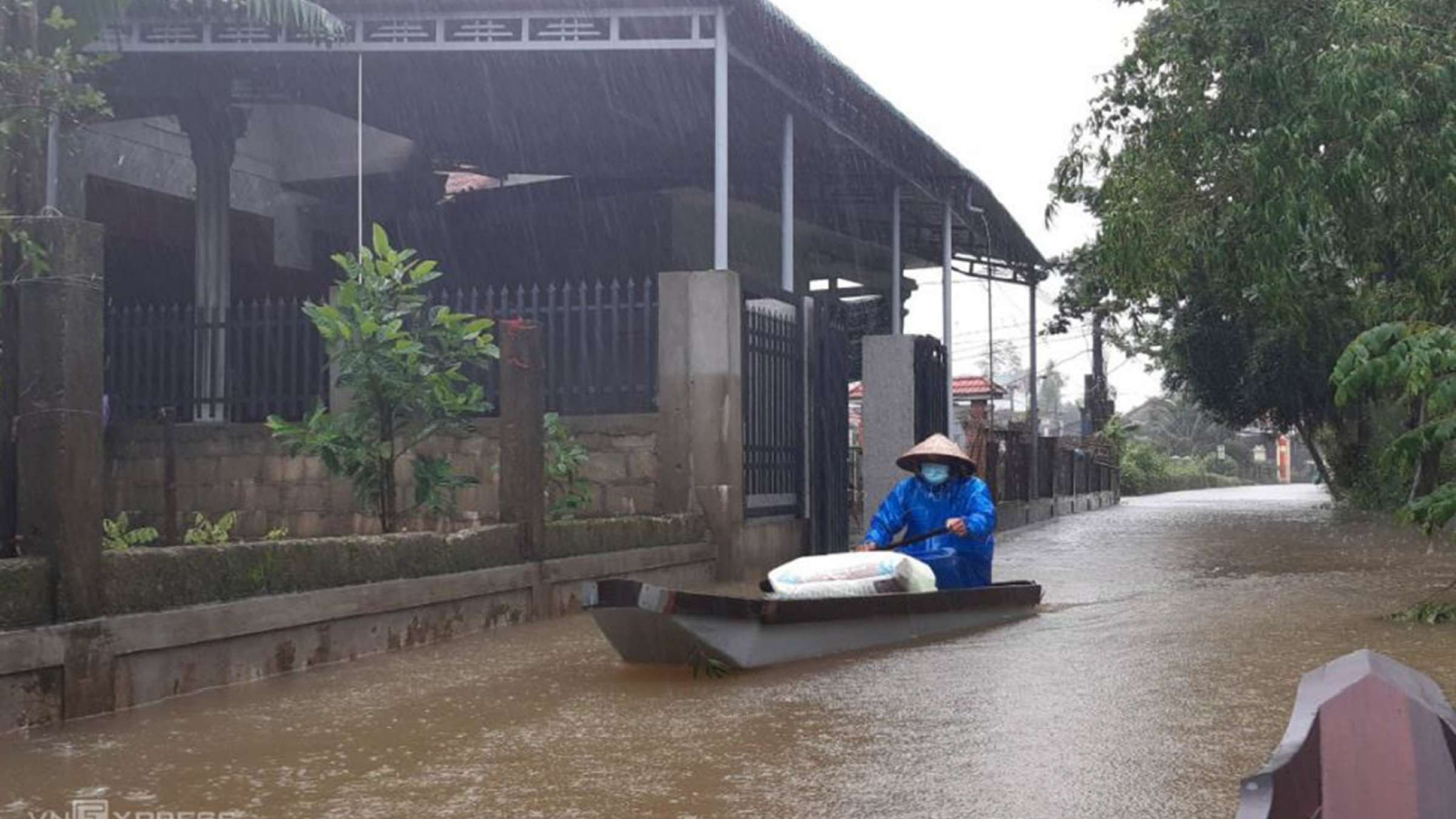RISK Award: Innovative solutions for DRR and climate change adaptation – Lessons learned from award winning projects
In this side event we present winning DRR-projects from the UNDRR and Munich Re Foundation RISK Award programme. The organizations (NGOs and academia) come from Chile, India, Vietnam, and Bangladesh. All have developed different innovative project ideas for disaster risk reduction and climate change adaptation. They have implemented their projects as blueprints on a local level with the help of the RISK Award funding (€ 100,000). The four approaches tackled four different important aspects of DRR:
- Inclusion of people with disabilities
- Community-based adaptation including women and youths
- Nature-based solutions using mangroves
- Alternative home and living concepts in a changing, flood-impacted, environment
The project owners will show how eminently important DRR projects can be implemented and set on a path to sustainability with local participation, limited financial resources, but great motivation, visibility and perseverance.
Session objectives
We want to discuss solutions for the following questions:
- What are the success factors to make a pilot project work?
- How do you achieve the participation of as many population groups as possible?
- Long-term funding of projects is often a problem in NGO-run projects. How was this dealt with here?
- What role do local governments play?
- What are the hurdles and challenges in scaling up local DRR interventions? What are potential strategies to overcome them?
Moderator
- Ms. Renate Bleich -Chair, Munich Re Foundation, Germany
Speaker
- Ms. Shweta Gupta -Executive Director International Center of EQUI-T and its CSR Centre at the All India Institute of Local Self Government (AIILSG), India
- Mr. Carlos Kaiser - Director, ONG Inclusiva, Chile
- Mr. Nandan Mukherjee - Post-Doctoral Research and Communication Specialist in the UNESCO Centre for Water Law Policy and Science at The University of Dundee, UK/Bangladesh
- Ms. My Pham-PhD Student, Potsdam University, Germany, Consultant, Centre for Social Research and Development (CSRD), Vietnam.
Learn more
The side event will be an online Zoom event. It will be held in English, Spanish translation and captioning will be provided. Please register in advance. Zoom and registration link will follow.
Where do we stand
The Sendai Framework turns 7 years old this year. It calls for DRR and DRM to become an integral part of policy planning at every level (national, regional, local). This process has long since begun to bear fruit. Nevertheless, there are gaps in the system that need to be filled by other stakeholders if we want to make society as a whole more resilient. Other stakeholders can be NGOs or academic institutions, as in the case of the RISK Award. Innovative, quick implementations often succeed better in this context and can create blueprints on a small scale that have scaling potential. If these projects then meet with a well-prepared policy, major resilience advances can be achieved.
Session guiding questions
- Disaster risk reduction should be the task of governments. Nevertheless, what roles can and must be played by other actors such as NGOs in many places?
- How can a cooperation between NGOs and local/regional/national governments look like?
- NGO-based approaches to DRR are often dependent on donor funding, which is often temporary. How can future financing for DRR look like to reduce this dependency?
- What conditions need to be in place to scale blueprints sustainably?

Agenda
Location
BNDCC 2-Ground Floor
Online access
Participation
Open to those registered for the conferenceInterpretation
ESDetails
Contact
Mr. Christian Barthelt, Munich Re Foundation, [email protected] Ms. Roufa Khanum, Resilience Solution, [email protected] Mr. Nandan Mukherjee, Dundee University, [email protected]
